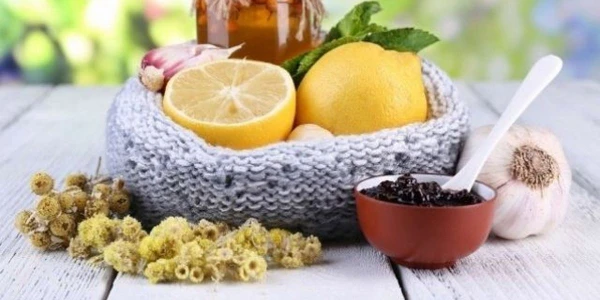
Joint health and the health of the entire musculoskeletal system largely depend on two key factors: regular physical activity and proper nutrition.
Today we will take a detailed look at which foods and habits support the mobility and elasticity of joints, and which, on the contrary, destroy them.
1. Lack of Water
Water plays a key role in the functioning of the entire body, including the joints. When there is a deficiency:
-
intoxication increases,
-
blood thickens,
-
production of joint fluid decreases,
-
acid-base balance is disrupted.
As a result, the nutrition of joint tissues worsens, and their mobility, elasticity, and density decrease.
2. Carbonated Drinks, Especially Sugary Ones
Regular consumption of sugary soda not only contributes to weight gain but also harms blood vessels and joints.
The acids contained in such drinks bind calcium, hinder its absorption, and leach it from bones. Over time, this weakens bone tissue and makes joints more vulnerable.
3. Lack of Protein and Collagen
Protein and collagen are the building materials for bones, ligaments, tendons, and cartilage. They provide their resilience, strength, and elasticity, and also participate in tissue repair.
Foods rich in collagen also contain mucopolysaccharides, which are necessary for the normal functioning of joints. A deficiency of these substances disrupts the structure of tissues.
4. Excess of Trans Fats, Preservatives, and Flavor Enhancers
These substances have a toxic effect on the cells and tissues of the body. Constant consumption of products with trans fats slows down recovery processes and increases inflammation.
5. Excessive Amount of Carbohydrates
Excess carbohydrates:
-
provoke weight gain,
-
increase intoxication,
-
raise the stress hormone cortisol, causing the body to remain in a constant state of tension.
6. Foods Rich in Uric and Oxalic Acids
With a lack of water, an excess of these acids contributes to the formation of microcrystals that can settle in joint tissues and cause inflammation. Such products include:
-
red meat (in large quantities),
-
liver,
-
legumes,
-
mushrooms,
-
sorrel, spinach, rhubarb,
-
beer,
-
peanuts.
7. Juices Instead of Whole Vegetables and Fruits
Vegetables and fruits are a source of fiber, vitamins, and minerals. They improve intestinal function, eliminate toxins, and help regulate blood sugar levels. Juices, unlike whole products, contain almost no fiber, which is why they raise glucose levels faster and irritate the digestive system.
8. Gut Health and Joint Health Are Closely Related
Autoimmune inflammations often spread to ligaments, muscles, and tendons. When there are problems with the gut, the joints of the lower back, sacrum, hips, and knees often suffer.
Conclusion: Joint health depends not only on how we move but also on what we eat and drink. Clean water, a moderate amount of protein, collagen, whole vegetables and fruits, as well as avoiding excessive consumption of sugar, soda, and trans fats are the foundation for strong and mobile joints for many years.














Leave a comment